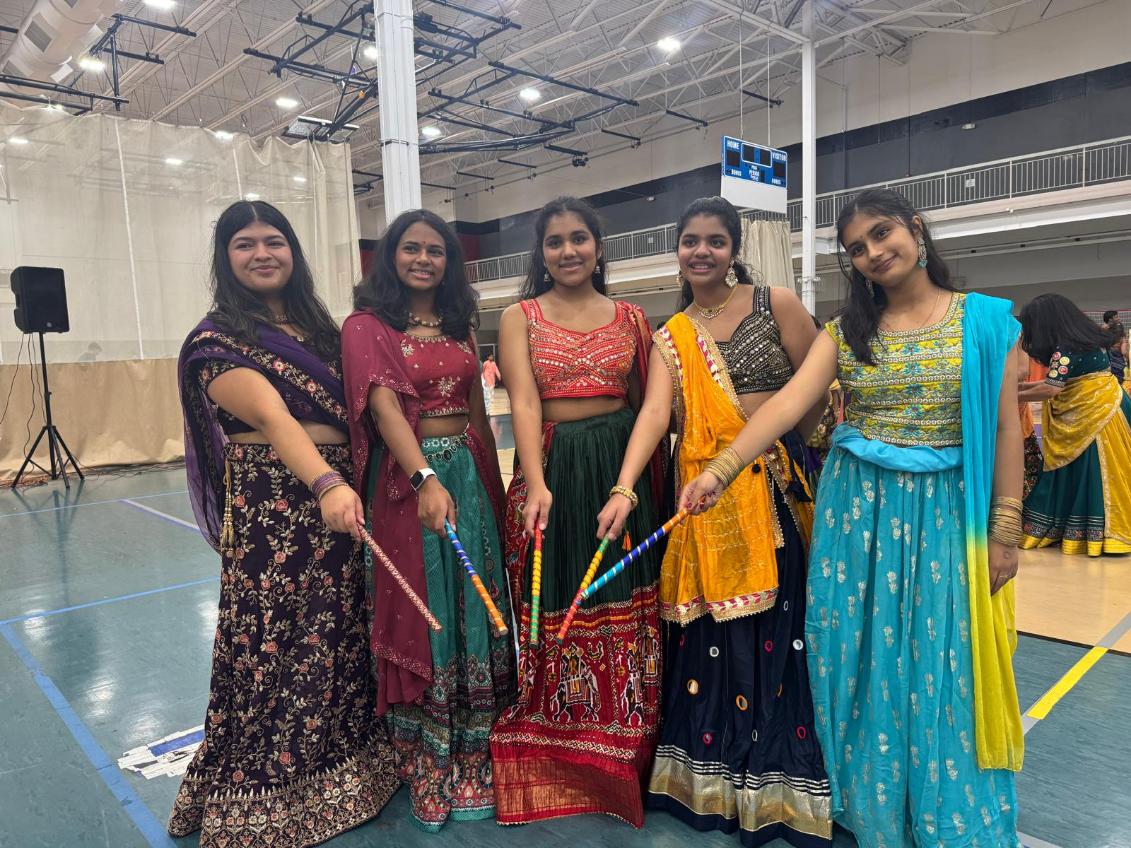It’s Ramadan and I’ve been fasting since dawn, trying to stay alert through math class as my stomach growls louder and louder every passing period. Throughout the school year, I notice some kids skip lunch for Yom Kippur while others count down the minutes until they can light the first diya for Diwali. For many students, balancing their faith with academic responsibilities can feel like walking a tightrope between belief and school obligations.
At VHHS, there are students from various backgrounds, cultures and religions. For some students, fasting for the school day or taking time off for holidays like Eid, Yom Kippur and Rosh Hashanah is very important. However, while these practices are significant, the physical demands are also challenging for students to meet deadlines, participate in extracurricular activities, and engage in athletics.
Kurt Krupa, physical welfare teacher and boys’ soccer coach, has seen how fasting and other religious observances affect students in athletics.
“[Students’] belief system [takes] precedent over whatever is happening in the season,” Krupa said. “I cater to what [students] need because those values are more important to them than whatever the values of the current season, [sport] or competition is.”
Krupa ensures that students’ personal beliefs are valued and that faith comes before the scoreboard. Most importantly, he ensures the safety of the student body. Krupa “[doesn’t] want to hurt a student or put them in harm’s way.” This type of understanding is vital as it not only keeps students safe but also shows respect for their beliefs.

Similarly, Tara Young, English teacher and equity coordinator, says that Vernon Hills High School has many instructional accommodations for staff members. Teachers must avoid holding summative unit assessments, midterms, final exams, etc. on days that may affect students’ attendance due to religious holidays.
“If students miss quizzes or any sort of small [assignments] in class, [students are] given the opportunity to make that up beforehand or after, [so] they can celebrate their holiday,” Young said. “Students can ask teachers in advance to provide them with assignments ahead of time so that they can get those done and don’t have to make them up when they get back.”
These types of accommodations impact students in more aspects than just grades. According to the National Institute of Health, students who feel supported in school are more likely to be further engaged, less stressed and participate in activities. Without these measures, students may experience unnecessary pressure to choose between their faith and their schoolwork.
Additionally, Jewish Student Union co-president, Baylee Horwitz, said that teachers and staff at Vernon Hills High School are respectful of the diversity of the school. Horwitz herself celebrates two days of Rosh Hashanah and has always had to skip one day of school for her religious beliefs, and teachers have always been accommodating of her needs.
“I know one of my teachers this year [told students] ‘[we] have a test today, just double checking it’s not on a holiday, anyone, right?’’ Horwitz said. “Because the holidays are coming up, he wanted to double-check that students didn’t have to study for a test when they were celebrating. I think that was nice [be-
cause] [he] wanted to double check.”
Accommodations that respect students’ religious belief also benefit the school community as a whole. They foster empathy and understanding among students who may not share the same traditions and create an environment where diversity is accepted and not overlooked.
Teachers and administrators who proactively provide these opinions set a standard for inclusivity and demonstrate that academic expectations and religious practices can coexist.
Respecting a student’s faith only strengthens a student’s education. By showing flexibility and understanding, VHHS proves that they value every student— not just as learners but as people.

